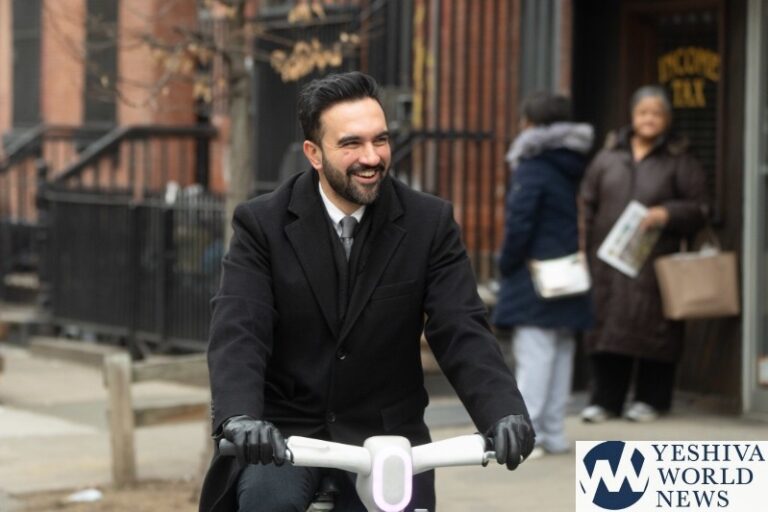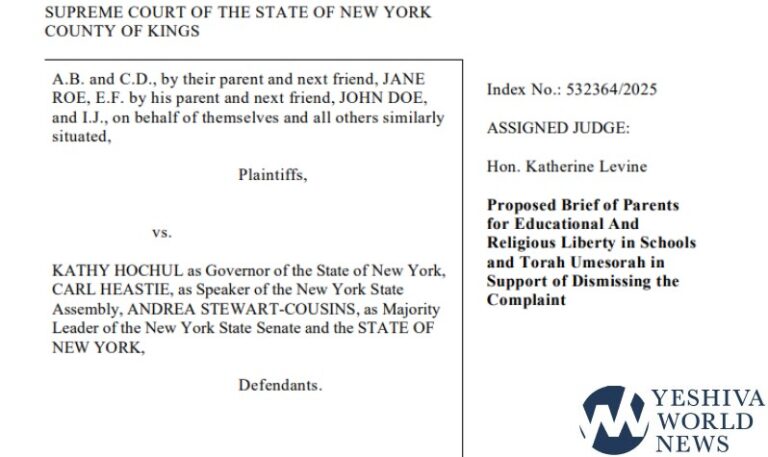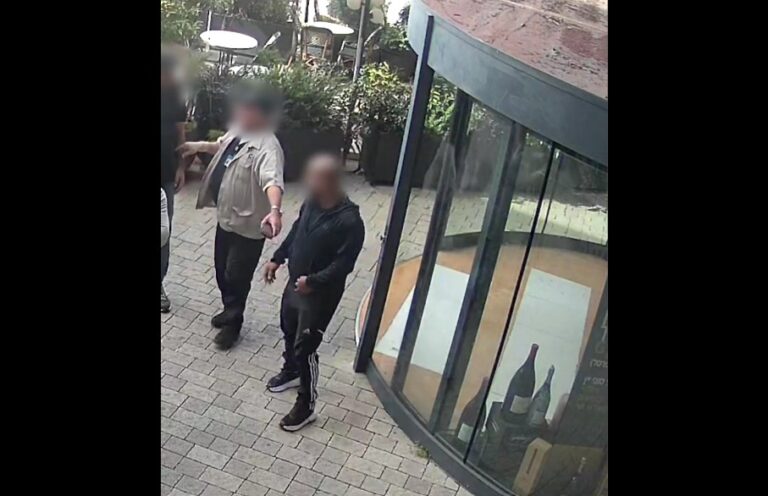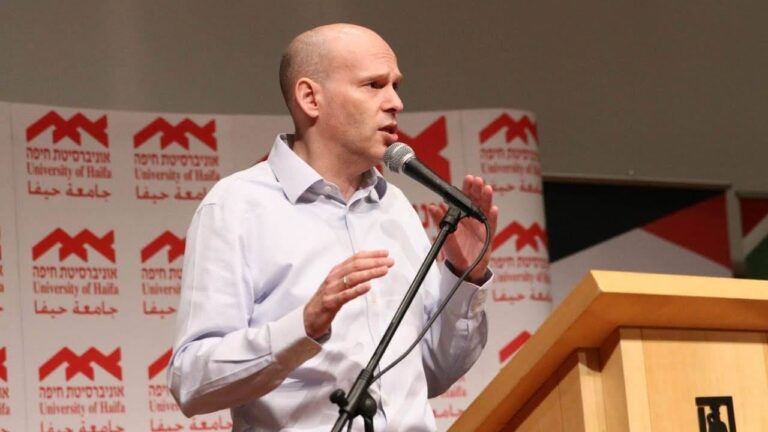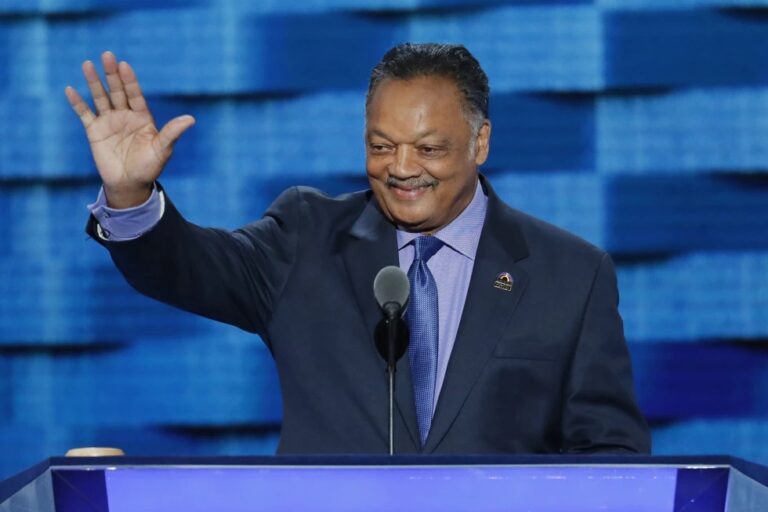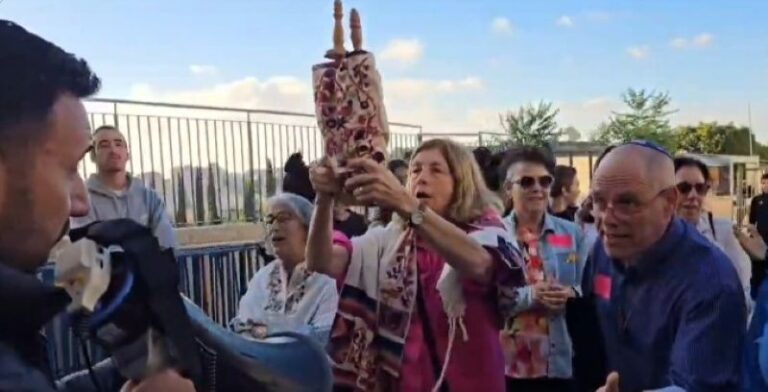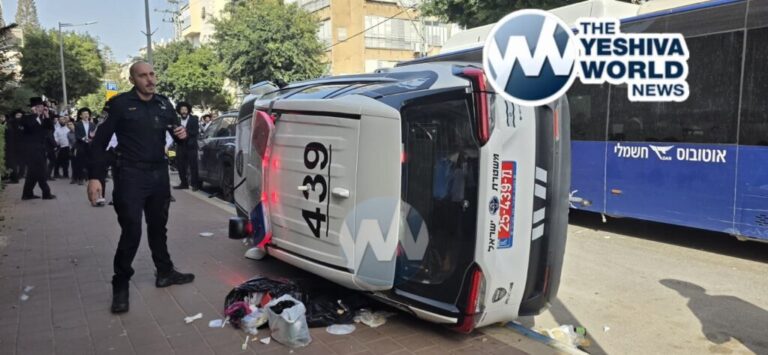 President Reuven Rivlin on Sunday morning 3 Teves addressed at his residence in Jerusalem, a meeting of Israel’s ambassadors to European countries. Before the meeting, the President was updated by Israel’s Ambassador to Turkey Eitan Na’eh who was attending the meeting, regarding the Israelis caught up in the terror attack in Turkey.
President Reuven Rivlin on Sunday morning 3 Teves addressed at his residence in Jerusalem, a meeting of Israel’s ambassadors to European countries. Before the meeting, the President was updated by Israel’s Ambassador to Turkey Eitan Na’eh who was attending the meeting, regarding the Israelis caught up in the terror attack in Turkey.
“This is a complex and turbulent time for the State of Israel, but not only for the State of Israel,” began the President and went on to speak about the attack which had taken place in Turkey the night before. “Last night, Turkey endured yet another terror attack. I send from here my sympathies and wishes for better days, to the families who have lost their sons and daughters, and to the Turkish people after another disaster which has befallen them.”
He continued, “The world around us is unsettled and shifting – axes are taking shape; some on a diplomatic level are more comfortable for Israel, like the Sunni axis, and some are hostile and dangerous, like the Syrian-Hezbollah-Iran axis. In the wider sense these changes are not just regional, the shock-waves occurring in the Middle East impact more than metaphorically, but significantly on Europe: as waves of refugees, as terror attacks, and Jihadists, which rove from here to there, and from there to here. As a result of these developments, and other important other progressions of globalization, western democracy is enduring change. The term ‘defensive democracy’ seems accurate in relation to the election results in the US, Brexit, and the strengthening of the populist, national and nationalist and other movements in many countries in Europe. The political agenda for the continent in 2017 is certain to be far from boring for us – and certainly not for you. None more than you know the significance each of these elements for the State of Israel; on what occurs here, on its relations with the West, with the whole world.”
He added, “Our sovereign power preserves our independence and defends our interests, and will continue to stand forever as the highest priority for the State of Israel. Yet military strength and erecting high walls will never suffice in safeguarding our sovereignty and security. The strength of the State of Israel is drawn from its first days, and the combination of military and diplomatic strength, the integration of industry and technology, of human resources and the ability to build ties. And today – perhaps more than ever – professional diplomacy is a central and crucial component to preserving Israel’s national and international resilience. I stress these elements in Israel’s foreign policy, specifically against the background of UNSC Resolution 2334. In professional terms Resolution 2334 which was adopted against Israel is ‘soft power’; tanks, jets, and missiles were not launched against us and yet the decision harms the legitimacy of the State of Israel. Resolution 2334 and the speech by the Secretary of State place Israel in the dock. In a world where countries use ‘soft power’ such as sanctions and slurs in order to influence and shape global policy, ‘soft power’ also represents a real challenge for the State of Israel. If we will not be sure of our strength and the justness of our path, and in our ability to convince that we act justly, with respect, fairness, and with morality with all the residents of this land, we will be stuck forever in this war. The adoption of the Resolution proves that the Israeli-Palestinian conflict is not only a central issue in your day to day work behind the scenes, but is on the world’s stage and we cannot look the other way in the hope it disappears. At the same time, the Resolution exposes the central point of contention between Israel and the international community.”
The President went on to say, “The existence of a clear disagreement between Israel and the international community on the question of the 1967 borders, is sacred to the resolution of the conflict. The international community still sees the 1967 borders as sacred to the solution of the conflict, while within the Israeli Jewish consensus, there are perhaps none who see a return to the 1967 borders as realistic. There are those who would enlarge or narrow, but the majority of the public knows what would not be accepted. This is a genuine, deep, and even sometimes difficult disagreement between Israel and the international community, yet it needs to be clear and open, and we have the duty to address and explain it. And the job of making our views understood rests greatly on you. More than ever we need you.”
The President concluded by thanking the ambassadors for their important work for the State of Israel, “In no small way thanks to your work, there is no doubt of Israel’s great achievements in the fields of science and technology, of our military and intelligence strength, and economic capability.”
(YWN – Israel Desk, Jerusalem/Photo Credit: Mark Neiman, GPO)

